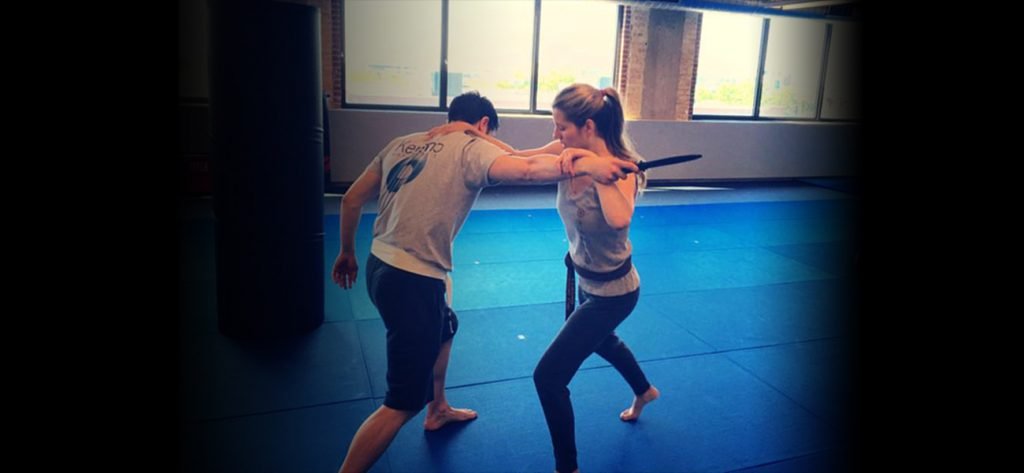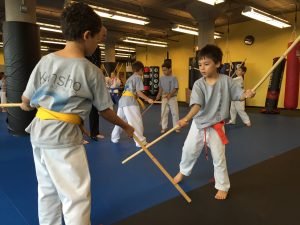These days, our brains a literally battered with too much information. The fast pace of the “information age” brings with it incredible stress that most of us feel on a daily basis.
My martial arts students often tell me how much better they feel after class. It is well documented that a great workout relieves stress, but when the workout includes martial arts training, it may have a much more pronounced and longer term affect on our cognitive ability.
In teaching martial arts over the years one of the most important concepts for students to understand is practice. As an amateur musician, I often draw a parallel with the process of learning to play a musical instrument.

It is often said that “practice makes perfect”, but this is not an accurate statement. If we practice a technique incorrectly over and over again, this repetition will never teach us to do the technique correctly. Only “perfect practice can make perfect”. This is a concept that a master musician (or martial artist) understands implicitly.
It’s been documented that when you listen to music, multiple areas of your brain become engaged and active. But when you actually play an instrument, that activity becomes more like a full-body brain workout. What’s going on? Over the last 30 years, neuroscientists have studied brain activity extensively. In her TedEd session, Anita Collins explains the fireworks that go off in musicians’ brains when they play, and examines some of the long-term positive effects of this mental workout. http://ed.ted.com/lessons/how-playing…
It turns out that playing a musical instrument engages practically every area of the brain at once; especially the visual, auditory & motor cortices. Playing music as opposed to just listening requires fine motor skills which are controlled by both hemispheres of the brain. Just like any other workout, disciplined, structured practice strengthens those brain functions, allowing us to apply those strengths to other activities.

Over the years, I often witness this effect in long term martial arts students who learn to practice effectively by accurately drilling techniques over & over until they master them. Martial arts training not only requires visual auditory and motor cortex engagement, but many martial arts require a high level of balance and sensitivity to touch and pressure all in a 3 dimensional space. When practicing martial arts, our brains learn to compute complex patterns of physical interaction in real time.
This is very much like learning to improvise musically, except that the fine motor skills are required of our entire body. Of course, I’m drawing parallels here from my personal experience, but hopefully soon neuroscientists will apply brain activity testing to document how martial arts training not only conditions our body, but also our brains. In the mean time, as a martial arts instructor, I see the affects every day.
Guess that’s where the term mind – body exercise comes from!
